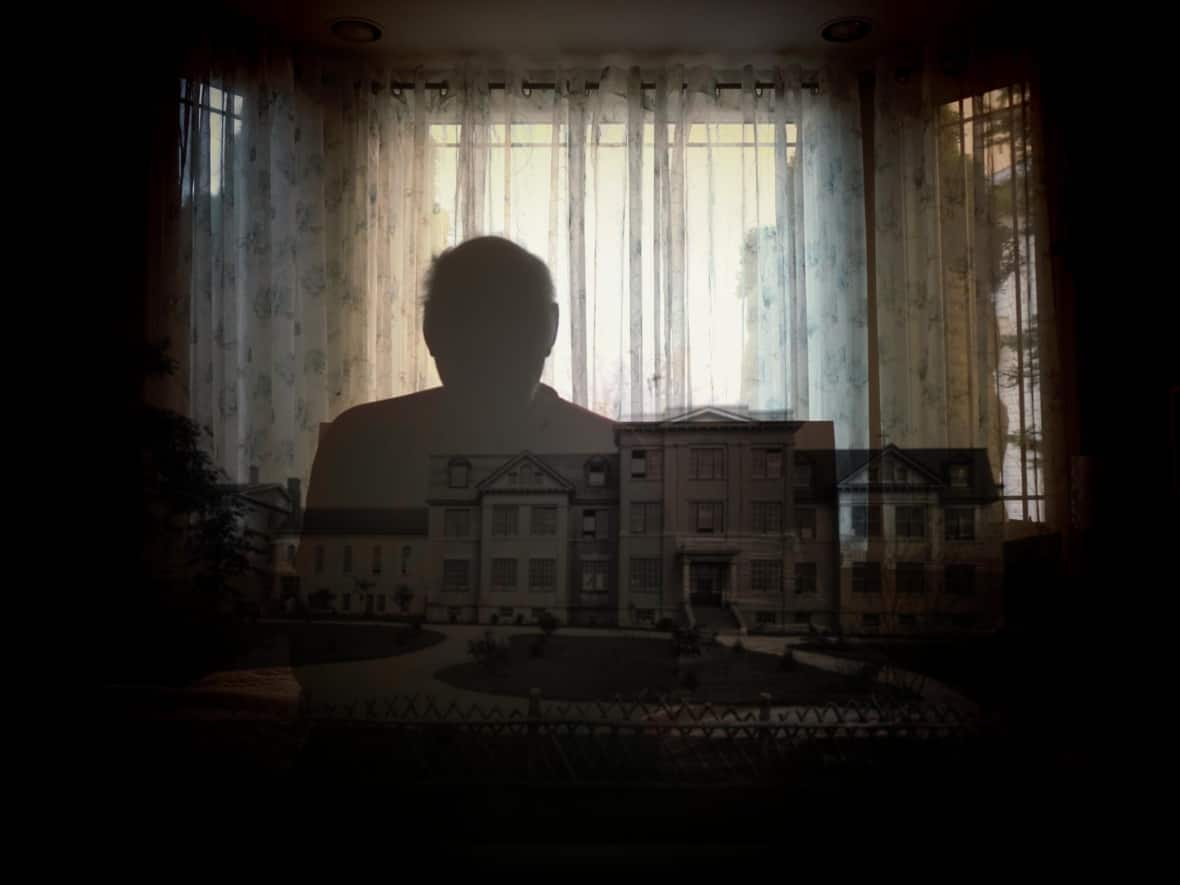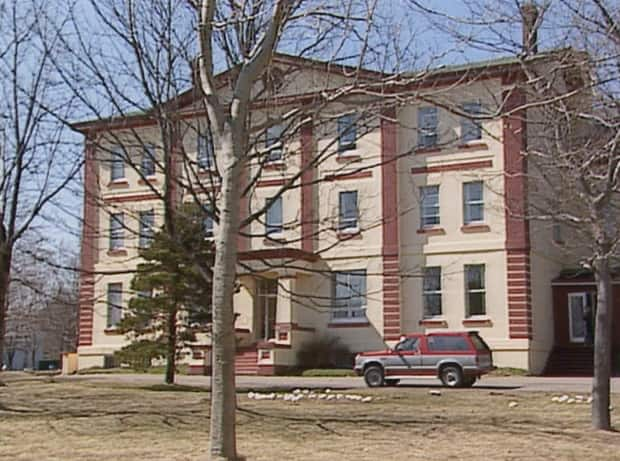Families of deceased Mount Cashel victims should be paid for pain and suffering, lawyers argue

Lawyers for Mount Cashel abuse victims are appealing part of a Supreme Court of Newfoundland and Labrador decision that denied victims compensation for pain and suffering if they died before court proceedings were finalized.
In normal circumstances, a person cannot be compensated for pain and suffering if they aren't still alive to feel it, but lawyer Geoff Budden argues this is not a normal circumstance.
Since the Roman Catholic Episcopal Corporation of St. John's filed for insolvency on Dec. 21, 2021, Budden's team feels the claims should be frozen at that date, and the families of anyone who dies after that should receive full compensation.
"At that point, the claims would have crystallized, and thus if anyone passes on after that date, the pain and suffering component of their claim, along with the other components that are not in dispute, would survive," Budden said.
The ruling affects about five people who have died, and others who might die before the case is settled and the Archdiocese of St. John's begins cutting cheques, Budden said.

Under the current ruling, victims who die throughout the proceedings will still be eligible for other compensation, such as loss of income due to the abuse they suffered.
For some plaintiffs — people whose careers were cut short because of the trauma they endured — pain and suffering would be a smalller part of their total compensation. But for others — people who had careers but suffered in other ways — it could be the largest portion of their claim.
"For the handful who have passed on, and also for those that are concerned they will pass on before this finally is resolved, it's important for them reserve for their families the right to claim under this category of damages," Budden said.
Ruling also sets out compensation process
The recent decision by Supreme Court Justice Garrett Handrigan also establishes other important aspects of the case moving forward.
The civil suit was set in motion with four plaintiffs — all with John Doe monikers — to prove the Roman Catholic Archdiocese of St. John's was liable for the abuse at Mount Cashel Orphanage.
Once that process was settled in the victims' favour in 2021, it was up to Justice Handrigan to establish the process for applying that ruling to the rest of the 100-plus plaintiffs who eventually came forward. The group is primarily men abused at the Mount Cashel Orphanage between the late 1940s and 1970s, but also includes other victims of clergy abuse for which the Archdiocese of St. John's has been found liable.

A big part of Handrigan's job was deciding how to calculate the compensation owed to each of those people.
Handrigan went with a system in which a person's claim will be compared with the four John Doe cases. A judge had previously awarded those four men a range of compensation from $80,000 to $1.9 million. Budden said each person will fill out a questionnaire to be evaluated by the claims officer — an independent person appointed by the court — and compared with the test cases to decide individual compensation amounts.
"It's not easy, because we're talking about coming up with a plan that treats well over 100 men and some women fairly and equitably. Yes, it is a challenge to do that right," Budden said. "When you zoom out a bit, it's a pretty crazy exercise. But what can you do?"
Budden said he hopes the appeal will be dealt with quickly and won't hold up the rest of the proceedings.
The hope is to have the compensation process finalized and some money delivered to victims by this summer.


